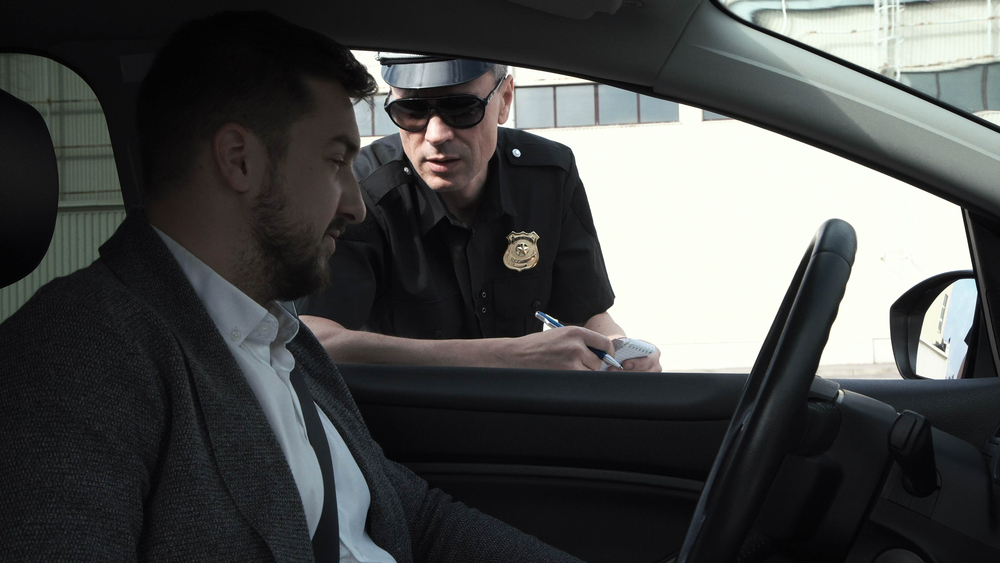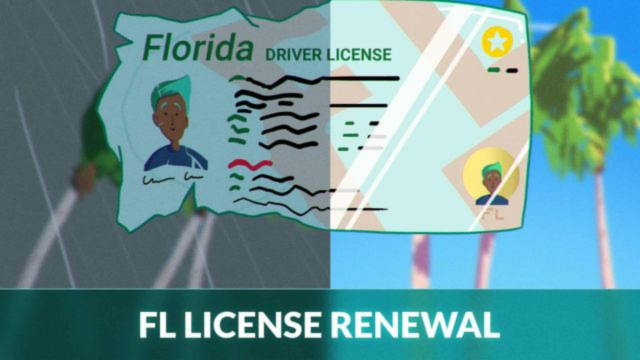Can Police in Louisiana Search Your Phone During a Traffic Stop? In 2024, Louisiana drivers’ privacy rights are still important to them, especially when it comes to searches of their phones during routine traffic stops.
Due to the large amount of personal data stored on smartphones, it is important to know your rights and what the police can and cannot do. In Louisiana, the police may search your phone when and how they see fit during a traffic stop.
The Fourth Amendment and Privacy Rights
The Fourth Amendment of the U.S. Constitution states that persons have the right not to be searched or taken without good reason. This means police usually need a warrant based on strong evidence in order to search people’s things, like cell phones.
The U.S. Supreme Court, in Riley v. California (2014), came up with the crucial finding that police cannot search a cell phone without a warrant. The reason is that most cell phones contain personal information best left private.
This holds good in Louisiana as well as elsewhere in the country. So the police cannot search your cell phone simply because they stopped you on some speeding charge. There is one exception, however.
Exceptions to the Warrant Requirement
In Louisiana, the police can search your cell phone without a warrant in any of the following circumstances:
- Consent: Police can search your phone without a warrant if you give them permission to do so. You must know that any evidence that is found during the search can be used against you in court if you allow it. If you don’t want your phone searched, politely say no to anyone who wants to use it.
- Probable Cause and Exigent Circumstances: There are “exigent circumstances” under which the police can search a telephone if they believe that evidence is going to be lost, or that a danger is going to be acted on, or that an individual is going to leave. For example, if they believe you are involved in a crime in which evidence would be quickly destroyed, they will say they need to get into your phone now. But it is difficult to show that there were “urgent circumstances,” and these types of searches can be litigated.
- Plain View Doctrine: The “plain view” doctrine holds that police may seize evidence which is otherwise in plain view. That usually doesn’t apply to cell phones except where the screen is open and can be seen by the officer, and shows evidence which would be admissible against him. Even so, generally speaking, you’d still need a warrant to reach the data on his phone.
Traffic Violations and Cell Phone Searches
This would mean that the police are unable to dig in your phone for small reasons, like speeding or having your taillight broken.
You only grant your right to have policemen examine your phone with reasonable probability and consent if, on your own accord. For that reason, although you are allowed to provide any answers they will present before you, they won’t get your phone out to go through it.
Keeping Your Rights Safe Through Traffic Stops
If you get pulled over in Louisiana, you can follow these simple steps to protect your rights.
- Remain Calm and Polite: Treat the officer with respect, so you avoid any misunderstandings or confrontation.
- Know your rights and assert them politely: Politely decline a search of your phone, telling them, “I do not consent to a search of my phone.
- Keep Your Phone Locked: A password-protected phone is harder to access. Avoid using facial recognition or fingerprint unlock, as some courts have ruled these can be forced by officers. A passcode, however, cannot be legally compelled without a warrant.
- Contact an Attorney: If your phone is searched without permission or a warrant, it’s best to consult an attorney to understand your options. Evidence collected unlawfully may be challenged and possibly excluded in court.
Conclusion
Federal courts have backed up Louisiana law that says police need a warrant to search your phone. To keep your personal information safe, know your rights and stay calm during a traffic stop.
If you are not sure about something, it is better not to agree to any searches and instead talk to a lawyer about your privacy rights in Louisiana.


 by
by 




